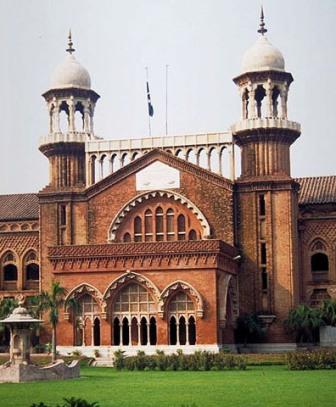Lahore High Court Rules on Deferred Dower in Khula Cases
The court's decision emphasizes the importance of the Nikahnama as a valid contract between the couple, and the husband's obligation to pay the dower cannot be nullified by the wife's decision to seek Khula. The ruling provides a strong justification for women to seek their rightful entitlement to deferred dower in cases of Khula.

The Lahore High Court has ruled that a woman's right to deferred dower remains intact even if she seeks a divorce through Khula, as long as the dissolution of marriage is due to the husband's misconduct. The court upheld a verdict in a case involving the recovery of Rs200,000 as deferred dower, along with dowry articles and maintenance, from a man.
The court stated that unless a woman seeks Khula solely due to disliking her husband, her entitlement to deferred dower remains intact. However, if the dissolution is sought due to the husband's misconduct, she remains entitled to full deferred dower. The court also noted that the woman's claims of mistreatment and disrespect were unchallenged and constituted cruelty, justifying her entitlement to the dower.
The judgment, delivered by Justice Raheel Kamran, clarified that the dissolution of marriage due to the husband's misconduct does not nullify the wife's entitlement to the deferred dower. The court also ruled that the husband remains obligated to pay the dower unless the wife seeks Khula without any fault on his part. The concept of Khula is based on Islamic law and the Nikahnama, a binding contract between the wife and husband.
The court's decision aims to protect the rights of women in cases where they are wronged by their husbands. The ruling is based on verses from the Quran and previous judgments, and it provides a clear guideline for the recovery of deferred dower in Khula cases. The Lahore High Court's judgment is a significant development in the protection of women's rights in Pakistan.